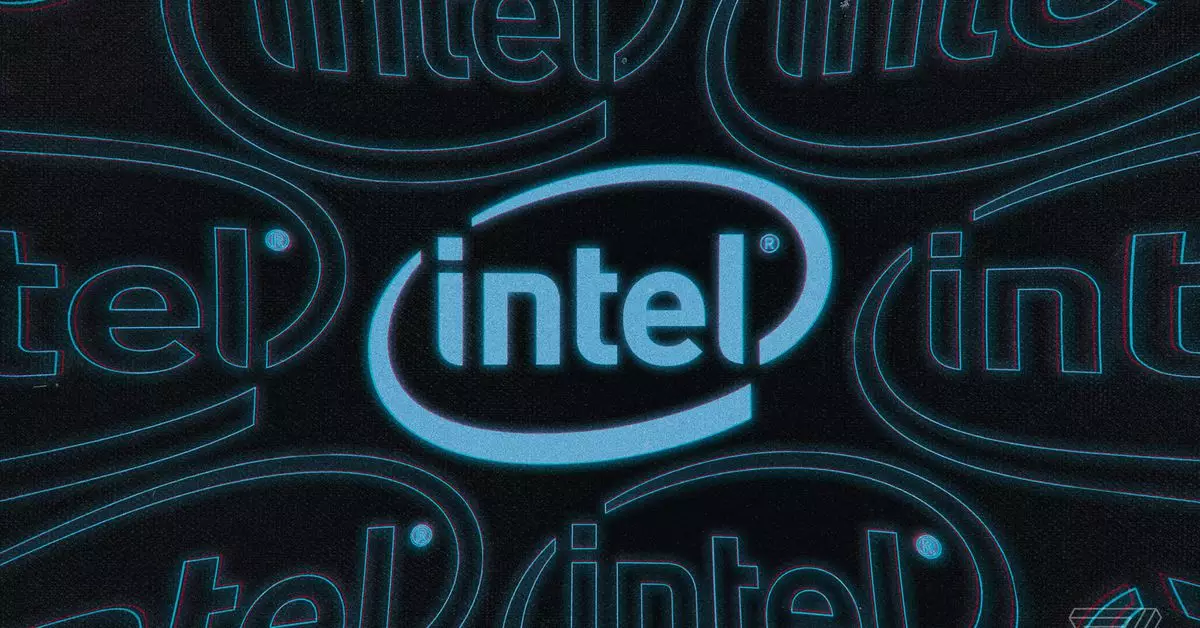Intel’s recent introduction of the Arrow Lake-based Core Ultra 9 200S-series processor has been met with tepid reviews, particularly regarding its performance in gaming scenarios. Despite being a front-runner in the tech industry, the company’s latest offerings are being scrutinized, revealing a stark contrast to expectations set against competitors like AMD. The advanced technology and marketing promises that often accompany new launches seem to falter under the weight of real-world application, leading to a disappointing reception from both critics and consumers alike.
Gaming enthusiasts have raised concerns over the gaming capabilities of these new chips. Reports highlight that Intel’s Arrow Lake chips are not performing as well as the company’s earlier Raptor Lake processors. This unexpected lag in gaming performance raises questions about Intel’s engineering and product marketing strategies. What seems to be an industry shift was confirmed by Robert Hallock, Intel’s VP and GM of client AI and technical marketing, who admitted that the Arrow Lake chips do not surpass AMD’s gaming benchmarks, particularly when compared to the popular Ryzen 9800X3D. While some reviewers have noted minor gains in efficiency, these improvements are overshadowed by a noted decline in overall gaming performance.
Transparency about Challenges
In a recent interview, Hallock provided insight into the performance issues that have plagued the Arrow Lake lineup. He emphasized that the underlying architecture of the new chips is fundamentally robust, yet it has been compromised by unforeseen challenges that affect their gaming capabilities. Hallock’s acknowledgment of the company’s responsibility for the issues—stating that external factors like Microsoft’s software were not to blame—demonstrates a level of accountability that the tech community often appreciates. This forthrightness is crucial, especially in a market sensitive to performance claims and benchmarks.
Intel has signaled its intention to remedy these performance issues, with Hallock promising a comprehensive update by late November or early December. While details about potential fixes remain vague, the tech world is watching closely, eager to see how Intel plans to recalibrate its trajectory in the gaming sector. The response from Intel to the reviewers’ critiques will ultimately shape public perception and the company’s credibility in delivering cutting-edge technology.
A Call to Action for Consumers and Intel Alike
As consumers await these crucial updates, the situation serves as a reminder of the rapid pace of innovation in the tech industry. Intel’s struggles may ultimately benefit users, as the company is now under pressure to enhance its product offering to satisfy both current and future demands. The coming months will be essential for Intel as it navigates through these hurdles. With rival AMD continuing to make significant strides, the semiconductor giant must regroup and escalate its efforts to reclaim its standing in the competitive landscape. Only time will tell whether the Arrow Lake chips will rise from their underwhelming launch or remain a cautionary tale in the annals of tech history.


Leave a Reply